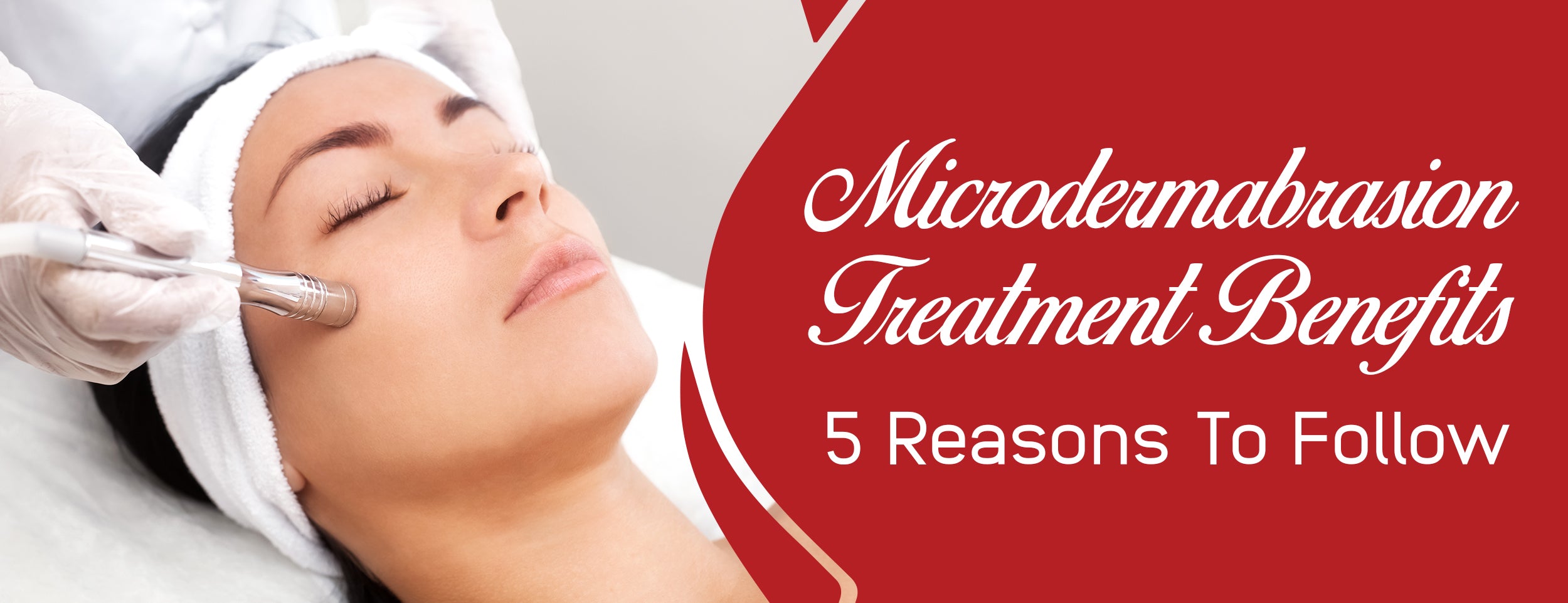Antibiotics should not be indiscriminately used after minor surgery. They are drugs used to prevent and treat bacterial infections. The misuse of antibiotics can result in antibiotic resistance, where bacteria adapt to the drugs.
Minor surgical procedures can test your immune system, increasing the risk of infection. Antibiotics after surgery are crucial in reducing these risks. Antibiotics, when taken as directed, significantly reduce this risk and can lower surgical site infection rates by up to 60%.
This blog post will explore the risks of not taking antibiotics after minor surgery and the benefits and alternatives to this common postoperative practice.
What Happens If You Don't Take Antibiotics after Minor Surgery: 4 Risks

When it comes to minor surgeries, one might be tempted to follow the "tough it out" rule and forego taking antibiotics. The consequences of not taking antibiotics after a surgical procedure could be devastating. We will delve into antibiotic risks following minor surgery.
Increased Risk of Surgical Site Infections
- Introduction of Infections: Without antibiotics, there's a higher chance of bacteria entering the surgical site and causing an infection.
- Redness, Swelling, and Pain: Surgical site infections can manifest through symptoms like redness, swelling, increased pain, or discharge from the wound.
Potential for Antibiotic-Resistant Infections
- Bacterial Resistance: The misuse or non-use of antibiotics can lead to bacteria developing resistance, making future infections harder to treat.
- Limited Treatment Options: If an antibiotic-resistant infection occurs, the options for effective treatment become limited, potentially leading to more severe health issues.
Delayed Healing and Recovery Time
- Prolonged Recovery: Infections can slow the healing process, causing discomfort and delaying your return to regular activities.
- Extended Hospital Stay: Infection treatment may require additional medical care and extended hospital stay, disrupting your daily routine.
Increased Healthcare Costs
- Additional Medical Care: Treating infections and their complications can increase medical visits, tests, and treatments, increasing healthcare expenses.
- Cost of Antibiotic-Resistant Infections: Managing antibiotic-resistant infections can be extremely costly due to the need for specialized treatments and medications.

Antibiotics after Minor Surgery: 8 Benefits
After a minor surgery, your doctor might prescribe antibiotics. Understanding why following this prescription is necessary can significantly affect your recovery. Here are the key reasons:
Prevention of Surgical Site Infections
- Guarding Against Infections: Antibiotics act as a shield, protecting your surgical site from potential infections.
- Lessening Complications: Keeping infections at bay reduces the risk of complications that could slow down your healing process.
Reduced Risk of Antibiotic-Resistant Infections
- Effective Infection Treatment: Proper use of antibiotics ensures they can effectively treat post-surgery infections.
- Fighting Antibiotic Resistance: Using antibiotics as prescribed helps prevent bacteria from becoming resistant, ensuring they remain effective when needed.
Improved Healing and Recovery Time
- Speeding Up Healing: Antibiotics can accelerate the healing process after surgery.
- Less Pain and Discomfort: By minimizing infection risks, antibiotics help reduce post-operative pain and discomfort, aiding in a smoother recovery.
Decreased Healthcare Costs
- Preventing Additional Treatments: Avoiding infections reduces the need for further medical treatments and associated costs.
- Cost-Effective Approach: Preventing infections through antibiotics is more cost-effective than treating complications later.
Before Taking Antibiotics After Minor Surgery: 8 Factors to Consider
Before using antibiotics after a minor surgery, it's essential to consider various factors to ensure the best possible outcome. Let's explore these aspects in detail.
Individual Patient Factors

- Age: Age can affect how the body responds to antibiotics. Younger and older individuals may have different reactions.
- Health Conditions: Underlying health conditions, like diabetes or a weakened immune system, may influence the choice and dosage of antibiotics.
The Type and Severity of the Surgery
- Nature of the Surgery: Different surgeries have varying levels of infection risk. A more invasive surgery may necessitate a more potent antibiotic.
- Likelihood of Infection: The type of surgery can determine the possibility of developing an infection, guiding the need for antibiotics.
The Surgeon's Recommendation
- Professional Advice: Trust your surgeon's recommendation regarding antibiotics. They will consider your specific case and provide tailored advice.
- Expertise Matters: Surgeons have the expertise to determine if antibiotics are necessary based on the surgery and your health condition.
Proper Timing and Dosage of Antibiotics
- Timing: Antibiotics must be administered right before surgery to ensure their effectiveness.
- Correct Dosage: As prescribed, taking the correct amount of antibiotics is crucial for their efficacy and avoiding antibiotic resistance.
Antibiotic Use After Minor Surgery: 3 Alternatives
With the increasing concern over antibiotic resistance, exploring other antibiotic use options is essential. Several alternative methods can effectively reduce the risk of infection without compromising the body's natural defenses.
Proper Wound Care and Hygiene Practices

Good wound care and hygiene is one of the simplest and most effective ways to prevent infections after surgery. This includes:
- Keeping the wound clean and dry.
- Changing dressings regularly.
- Washing hands before and after touching the wound.
- Avoid touching the wound unnecessarily.
- Avoiding soaking the damage in water.
- Avoiding swimming or other water activities until the injury is fully healed.
The Use of Natural Remedies and Supplements
Another alternative to antibiotics is natural remedies. Some of the most effective options include:
- Honey: Contains natural antibacterial properties and can be applied topically to the wound.
- Vitamin C: Boosts the immune system and promotes wound healing.
- Garlic: Contains antimicrobial properties and can be consumed or applied topically to the injury.
- Aloe vera: Has anti-inflammatory and antimicrobial properties and can be applied to the skin.

Non-antibiotic Medications for Pain and Inflammation
Non-antibiotic drugs can also be used to manage pain and inflammation after surgery. These include:
- Acetaminophen: A pain reliever that can be taken orally.
- Ibuprofen: An anti-inflammatory that can be taken orally.
- Lidocaine: A topical numbing agent for pain relief.
Conclusion
As with any medical decision, the pros and cons of antibiotic use post-surgery must be weighed, with factors like individual patient factors, type and severity of surgery, surgeon's recommendation, timing, and dosing being considered. Antibiotics can help prevent surgical site infections, reduce the risk of antibiotic resistance, reduce healthcare costs., and promote faster healing.
Proper wound care, hygiene practices, natural remedies, and non-antibiotic medications make it possible to care for one's post-surgical wound without relying on antibiotics. Patients must consult their healthcare provider to make an informed decision that best suits their needs.










![The 16 Best Fastest Way To Remove A Mole Naturally [DIY]](http://drnumb.com/cdn/shop/articles/What_Is_the_Fastest_Way_to_Remove_a_Mole_Naturally__16_Solutions_DIY.jpg?v=1704371079)



